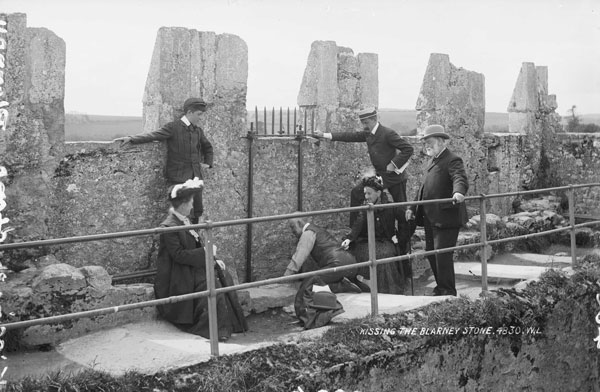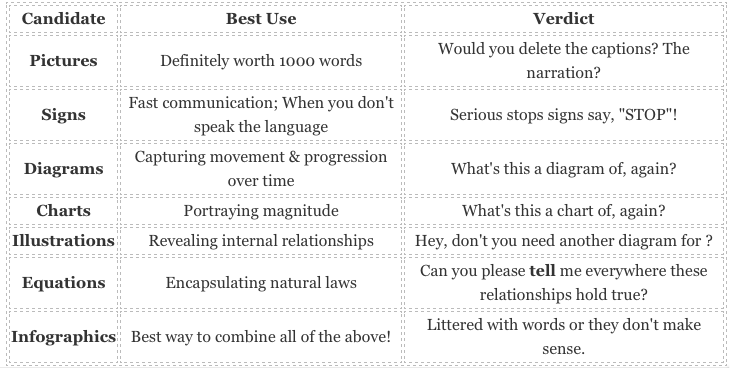
My mother had two strokes leaving her unable to walk. She hates not being able to walk. A few years later her eyes glazed over with cataracts and she couldn’t see. Since she lives with us, and we see her everyday, we didn’t notice it as it happened slowly over so many months. Her eyes were a tough case but the doctors were able to fix her eyesight with an operation.
Off all her losses, by far the worst was when she lost the ability to talk. We had to use a board with letters enabling her to point to letters to slowly make a word. To say that she hated it would be glib. She was furious! Her fury turned to desperation and then to depression.
Thankfully, over the next four months, her speech was largely restored through swallowing exercises. Along with the gift of that restoration to her was a restored confidence and insight given to me about words.
As a lyricist I felt I’d reached the limits of what words can hold or convey. I’d received the Irish “gift of gab” to the extent that, when my mother and I went to Ireland and had the opportunity to kiss the Blarney stone, I declined in disgust saying, “No thanks, mom. I talk too much already. You guys make me kiss that thing and see what kind of blabbermouth you’ll get then!”
To be fair to the legend, kissing the stone purports to confer “Eloquence and persuasiveness”; much loftier and more useful gifts than mere gab. Still, I didn’t kiss that thing and don’t regret it.

While searching for a picture to portray the point of this article I found the poster for the film, “A Life without Words”. The trailer is fascinating with the film telling the story of a brother and sister in Nicaragua who are deaf and can neither speak, write, nor read until a sign language teacher comes along and teach them their first “words”.

Their father says (At 0:30 seconds on the film trailer) that, “Because they are disabled the authorities can’t touch them. They’re incomplete. The law can’t touch them.”
No Law? No Transgression!
True enough. When you have no words you can’t legally consent to contracts (That you can’t read!). As you look at the kids (Young adults, really) you can tell they’re intelligent and can think clearly even though they “have no words”. And yet, think of it from the state’s point of view: If the kids were to “sign” a contract they could always claim they had no idea what they were signing. If problems arose, later, how could one argue the point? “For the law brings wrath, but where there is no law there is no transgression.”1
Self-Defense from Psychopaths
The father’s words remind me of another story where a known criminal psychopath was able to manipulate all those around him except for those who didn’t speak his language. The criminal spoke English and was perpetrating his schemes in a Spanish speaking country. The English speakers around him were manipulated, one by one. The Spanish speakers were immune. The psychopath could not “get inside their heads” with his words. His power was neutralized. Now that’s an idea someone could write a book about!
(I didn’t emphasize this phenomenon in the book I wrote about the story. However, if you’re interested in knowing more about the exploits and damage one psychopath can do, read “The Creature from Galt’s Gulch” (Free).)
That these two groups of people “with no words” were protected from their adversaries shows the power of words from the opposite side of the usual vantage point. Without words, you can’t be mislead or fooled by them.
The truth (And law) comes to us in words and can be taken away using words. Most of our liberties are not taken but rather given away by our own consent. We consent through various contracts and sign away precious liberties. I tackle these dangers in my book, “The Outlier’s Handbook”. In short, the wise must sometimes find ways to retain the advantages of the fool.
Better than Words?
These contenders are wonderful tools that may greatly assist your communication. They’ll probably decrease the number of words you’ll need to communicate. But, they won’t eliminate the need for words, entirely.
If you hand someone a picture without saying anything they’ll just look at you with questions in their eyes. You have to write or say something to put pictures in context. The inverse is not true: If you say something to someone you don’t have to follow it with a picture of what you talked about. Pictures and the rest are great, but optional.
Here to Stay, Forever
As long as mankind is walking the planet, words are here to stay. They’re the hardest ingredient to delete with any hope of communicating fully. “Use your words.”, the teachers at my children’s school say when the kids get frustrated. Those teachers know what they’re talking about!
Blindness is a dreadful affliction as would be the loss of any of the senses or faculties. However, take away someone’s words and you rob them of the dearest part of their humanity.
Postscript: My mother lives with us, now. We talk, everyday.
- The Holy Bible: English Standard Version. (2001). (Ro 4:15). Wheaton: Standard Bible Society. ↩


